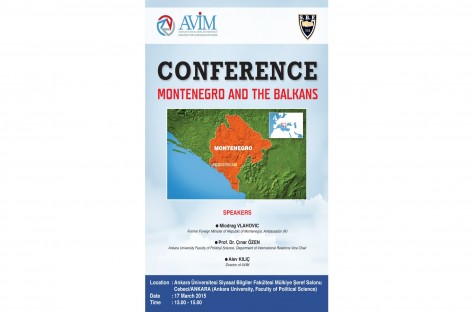The US House of Representatives adopted a resolution on December 14 which called upon Turkey to safeguard its Christian heritage in the country and return confiscated church properties. During the voting, three people were present in the room. Two of them voted in favor, while one voted against and the resolution was adopted with two votes. On this point, we should recall that there are 435 members in the House of Representatives. A draft resolution regarding this issue was submitted to the House of Representatives last June, while a day before that another draft resolution was presented which called upon the Armenian genocide allegations being recognized. However, since the adoption of draft resolutions concerning the genocide allegations have been prevented for the last ten years through the efforts of Turkey and the opposition of US Governments, it was likely that the same result would also be obtained this time. Therefore, the draft resolution on safeguarding of Christian heritage and returning of church properties, which alleges that the Ottoman Empire had deliberately annihilated the majority of Christians in its country, was submitted to the House as a “reserve” text. It was assumed that this draft would be adopted more easily with the support of US public opinion, which is very sensitive to the issue of religious freedoms and therefore, that the Armenian genocide allegations would indirectly be recognized. Truly, “deliberate annihilation” carried the same meaning as genocide. On the other hand, this draft was prepared in a way which also criticized and even vilified Turkey in other areas. It calls upon Turkey to end all forms of religious discrimination as if there is religious discrimination in the country and to allow in churches prayer services to be administered, religious education and clerical training as if there is restriction on these. Furthermore, it calls upon Turkey to return to their rightful owners all places of Christian worship, monasteries, schools, hospitals, etc. and to allow for them to be preserved, reconstructed, and repaired as if all these places were confiscated. Although it is correct that some Christian properties were confiscated for not complying with the provisions of the Law on Foundations, these were only an exception. Moreover, reopening of the Greek Orthodox Theological School in Heybeliada, which would provide clerical training, was possible with the full implementation of the Turkish education legislation. On the other hand, in recent years, the restoration of Armenian places of worship carrying artistic value such as the Akhdamar Church in Van has taken place and furthermore, with a decree law this year in August, many religious immovable properties, confiscated in the past for not complying with legal conditions, started being returned to their owners. This implementation was found to be very favorable by non-Muslims in Turkey. In this situation, it would be normal to expect the draft resolution on Christian heritage and returning properties to fall off the agenda. However, the complete opposite has happened and in order to please the Armenian and Greek lobbies in the US, the draft has rapidly tried to be passed in the House of Representatives. Removing from the draft the statement mentioned above that a majority of the Christians during the Ottoman period were deliberately annihilated; in other words, clearing the draft from any genocide allegations has made it easier for the draft resolution to be adopted. Since this and similar resolutions of the US House of Representatives is related to issues which concern Turkey’s sovereignty, they do not create any legal results. However, since they aim at denigrating Turkey and the administration, it could serve propaganda against Turkey. Nonetheless, it will be quite difficult to utilize this resolution, which carries rather a humorous attribute since it has only received two votes, as an instrument of propaganda.
© 2009-2025 Center for Eurasian Studies (AVİM) All Rights Reserved
JOACHIM GAUCK AND TURKEY
“GENOCIDE” LAW IN GREECE
RCEP AND ITS SIGNIFICANCE FOR THE SIGNATORY COUNTRIES FROM THE AUSTRALIAN PERSPECTIVE
 AVIM AND ANKARA UNI. CENTER OF INTERNATIONAL ECONOMIC AND POLITICAL RESEARCH ARE JOINTLY ORGANIZING A CONFERENCE TITLED “MONTENEGRO AND THE BALKANS” ON TUESDAY, 17 MARCH 2015.
AVIM AND ANKARA UNI. CENTER OF INTERNATIONAL ECONOMIC AND POLITICAL RESEARCH ARE JOINTLY ORGANIZING A CONFERENCE TITLED “MONTENEGRO AND THE BALKANS” ON TUESDAY, 17 MARCH 2015.
 EU OBSERVER AND FAKE NEWS
EU OBSERVER AND FAKE NEWS




























